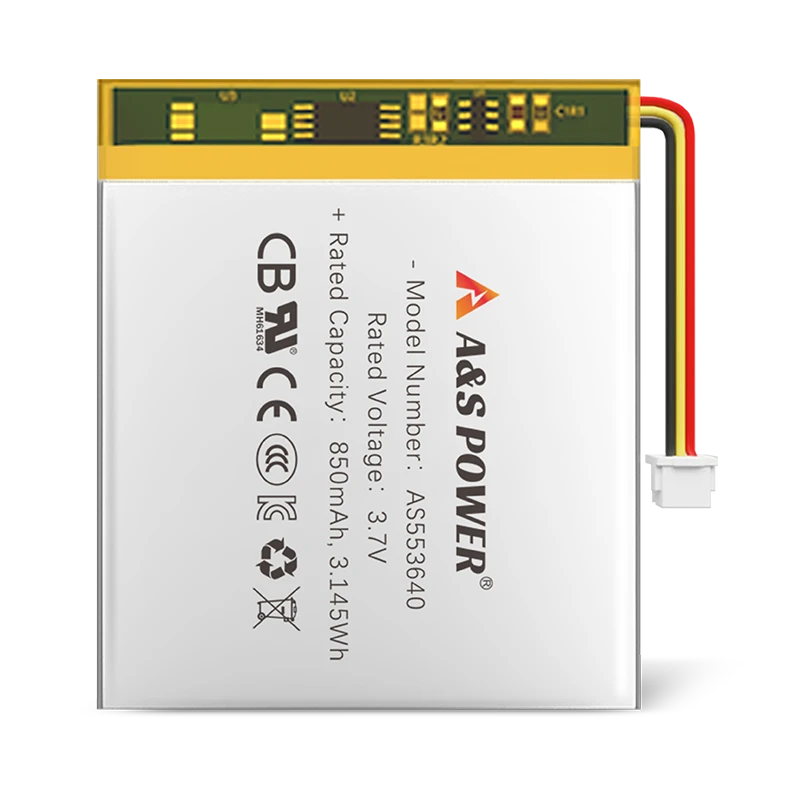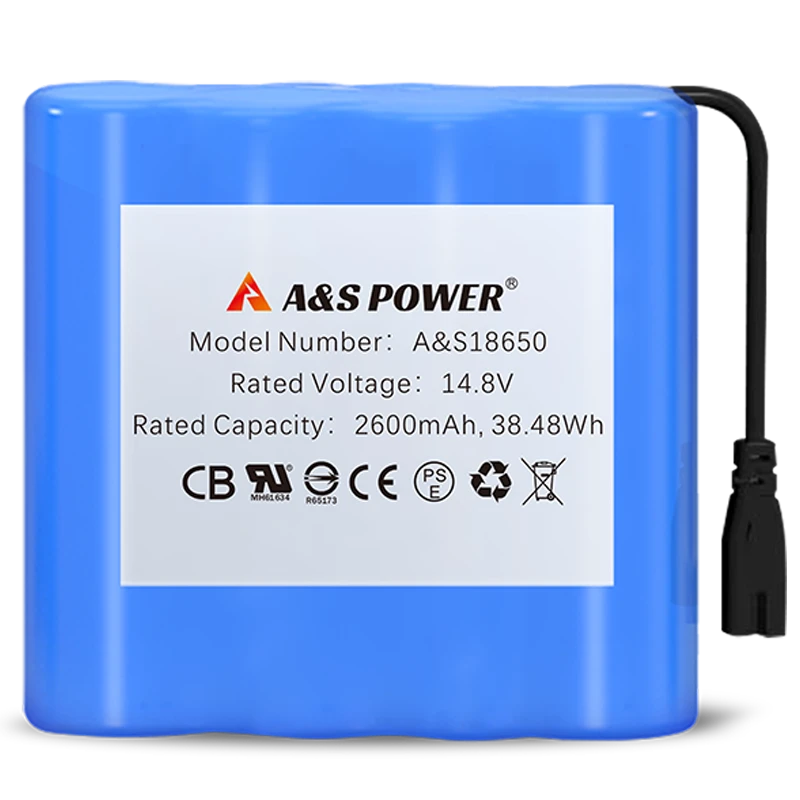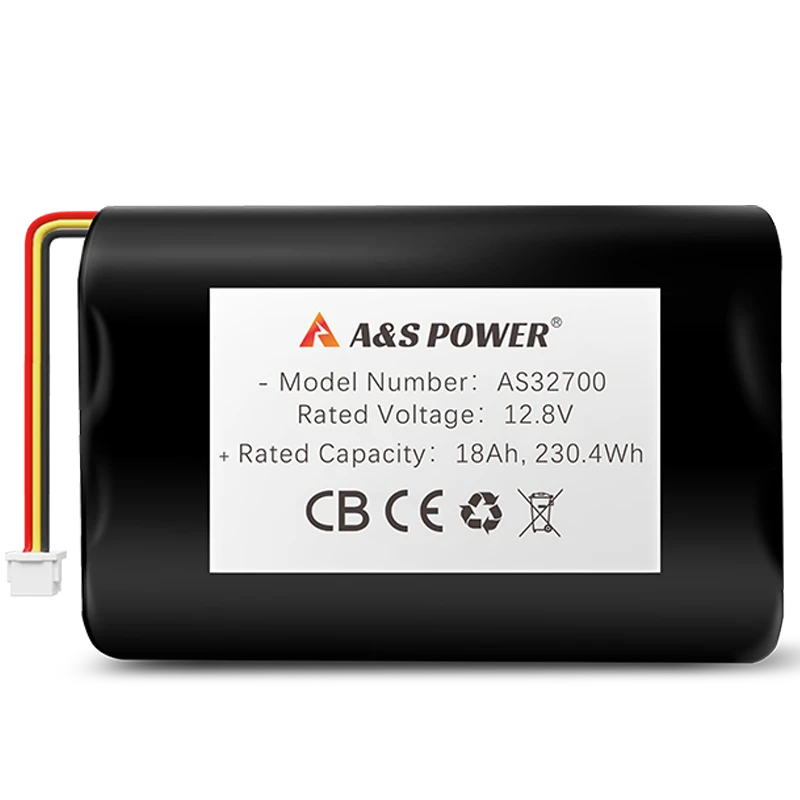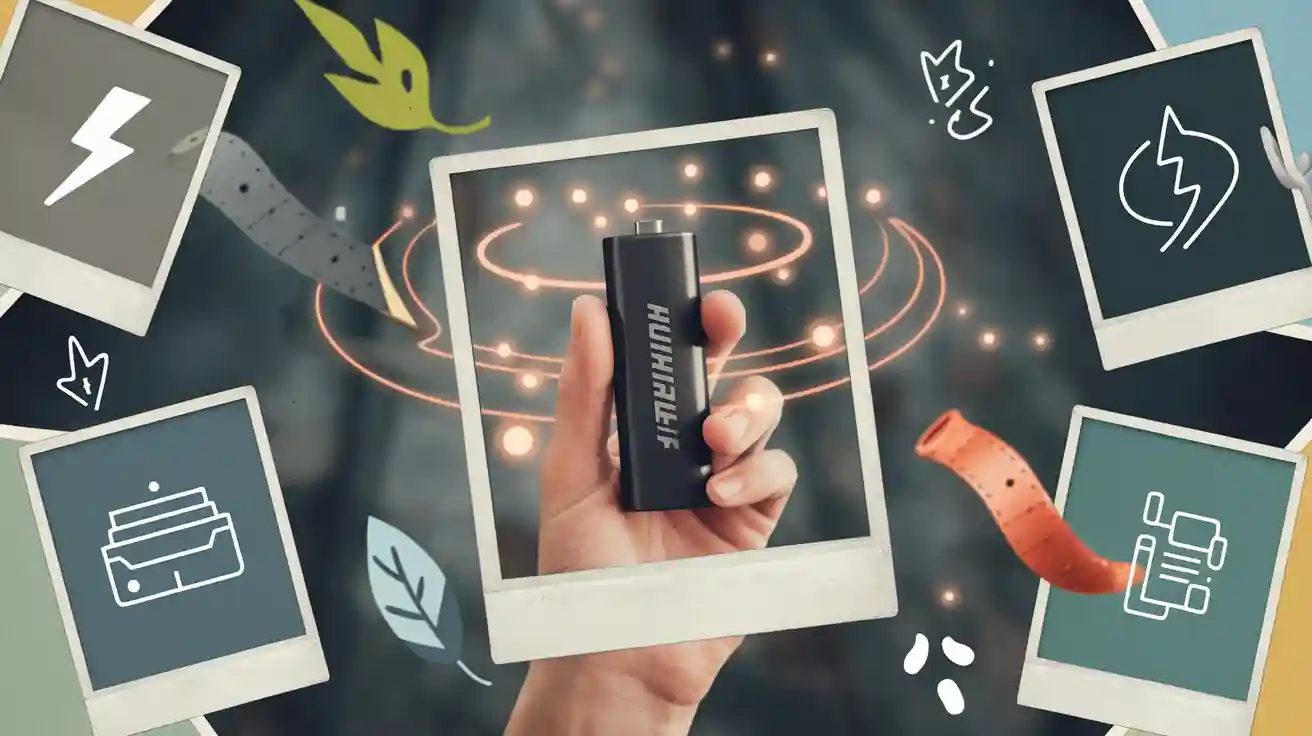What is the Advantage of Lithium Rechargeable Batteries?
You experience the advantage of lithium every time your smartphone lasts all day or your laptop charges quickly. Devices like electric vehicles, wearables, and even power tools now run longer and stay lighter. Fast charging and low self-discharge keep you ready for work or play whenever you need.
Key Takeaways
- Lithium batteries offer high energy density, allowing devices to run longer without increasing size or weight. This means more power in a compact design.
- With a long service life of 300-500 cycles, lithium batteries reduce the need for frequent replacements, saving you time and money.
- Fast charging capabilities let you quickly power up devices, fitting seamlessly into your busy lifestyle and minimizing downtime.
Advantages of Lithium Batteries
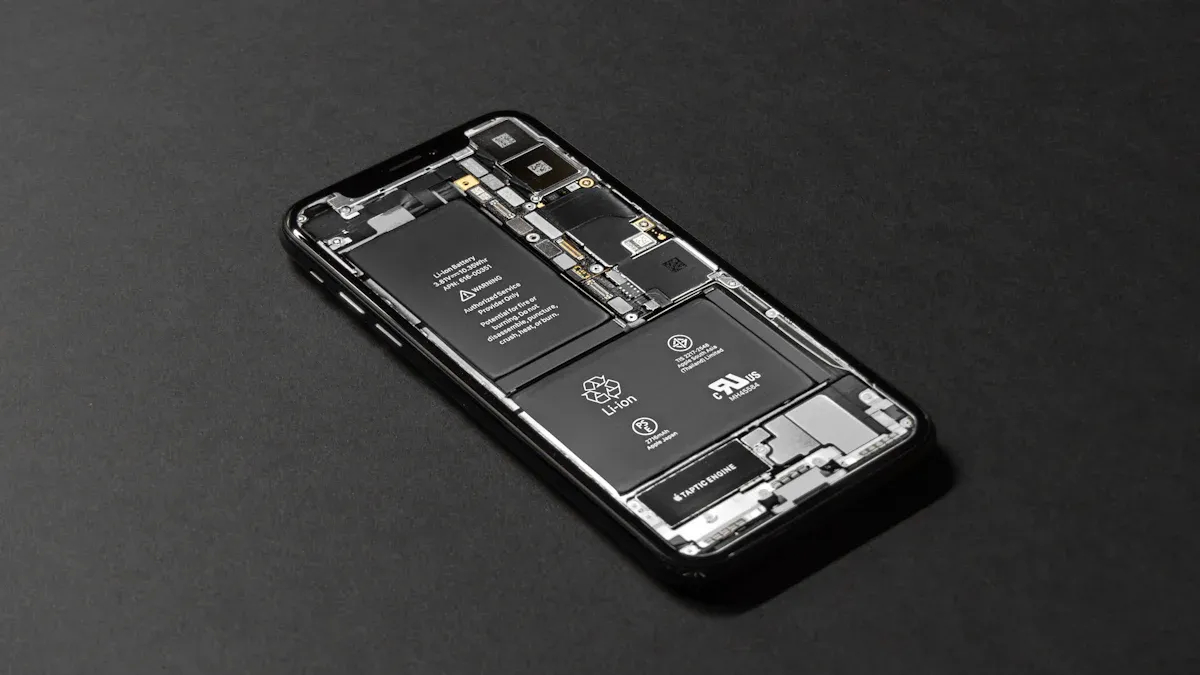
High Energy Density
You benefit from high energy density every time you use a device that lasts longer without increasing in size or weight. Lithium-ion batteries deliver between 150 and 250 Wh/kg, far surpassing other rechargeable batteries. Here’s a quick comparison:
| Rechargeable battery type | Energy Density (Wh/kg) |
|---|---|
| Lead acid | 30-50 |
| Nickel-cadmium | 45-80 |
| Nickel-metal hydride | 60-120 |
| Lithium-ion | 150-250 |
| LiPo | 100-200 |
This high energy density allows you to enjoy longer battery life in smartphones, laptops, and electric vehicles. Devices stay compact and lightweight, making them easier to carry. The advantage of lithium here is clear: you get more power in a smaller, lighter package, which boosts efficiency and convenience in your daily life.
Long Service Life
Lithium-ion batteries stand out for their long service life. You can expect most lithium batteries to last 300–500 full charge-discharge cycles under standard use. Some advanced models reach up to 15,000 cycles at partial discharge. Compared to other types, lithium batteries offer a much longer lifespan:
| Battery Type | Cycle Life (Cycles) | Annual Degradation Rate (%) |
|---|---|---|
| Lithium Iron Phosphate | 2,000 - 6,000 | 1 - 3 |
| Nickel-based | 1,000 - 2,500 | 2 - 5 |
| Lead-acid | 500 - 1,000 | N/A |
This long service life means fewer replacements, less electronic waste, and lower total cost of ownership. The advantage of lithium here ensures you spend less time and money on maintenance, while enjoying reliable performance year after year.
Fast Charging
Fast charging is one of the most noticeable lithium battery advantages. Lithium-ion batteries typically charge in 2 to 4 hours, while lead-acid batteries can take 6 to 8 hours. This efficiency means you spend less time waiting and more time using your devices. Fast charging also supports your busy lifestyle, letting you quickly top up your phone or electric vehicle before heading out. Enhanced safety features in modern lithium batteries protect against overheating, so you can charge with confidence.
Tip: Fast charging lets you use power-hungry apps and features without worrying about long downtimes.
Lightweight Design
The lightweight nature of lithium batteries transforms how you use technology. For the same energy capacity, lithium batteries weigh about half as much as lead-acid batteries. For example, a 100Ah lead-acid battery weighs 60-70 pounds, while a lithium battery of the same capacity weighs only 30-40 pounds. This lightweight design is crucial for portable electronics, wearables, and electric vehicles. You enjoy greater mobility and comfort, whether you’re carrying a laptop, wearing a fitness tracker, or driving an electric car. The advantage of lithium here is clear: less weight, more freedom.
No Memory Effect
Older battery types, like nickel-cadmium, suffer from the memory effect, which reduces usable capacity if you don’t fully discharge them before recharging. Lithium-ion batteries do not have this problem. You can charge your device at any time, at any battery level, without harming its long-term performance. This flexibility simplifies your routine and ensures consistent efficiency. The advantage of lithium is that you get reliable power without the hassle of strict charging habits.
Low Self-Discharge
Lithium batteries excel in efficiency thanks to their low self-discharge rate. While nickel-based and lead-acid batteries lose 10-15% of their charge per month, lithium-ion batteries lose only about 1-2% per month. This means your devices retain their charge longer when not in use, which is especially important for backup systems and emergency equipment. You can store lithium-powered devices for extended periods and trust they’ll be ready when needed.
Low Maintenance
Low maintenance is a key advantage of lithium. Unlike lead-acid batteries, which require regular water refills and corrosion checks, lithium batteries need minimal attention. You don’t have to worry about frequent servicing or complicated upkeep. This efficiency reduces your operational costs and saves time. Lithium batteries also waste less energy as heat, further improving efficiency and lowering your electricity bills over time.
Eco-Friendly
Lithium-ion batteries offer significant environmental benefits. Their high energy density and long service life mean fewer replacements and less waste. The recycling process for lithium batteries continues to improve, allowing recovery of valuable metals and reducing the need for new mining. Lithium batteries also support renewable energy storage, helping transition to a cleaner energy grid. By choosing lithium, you contribute to a more sustainable future.
Note: Recycling targets for lithium batteries are rising, with goals of 80% lithium recovery by 2031, making them even more eco-friendly.
The advantages of lithium batteries—high energy density, long service life, fast charging, lightweight design, no memory effect, low self-discharge, low maintenance, and eco-friendliness—combine to deliver unmatched efficiency, safety, and convenience. These lithium battery advantages make them the top choice for modern technology and everyday use.
Lithium-Ion Batteries vs. Other Types
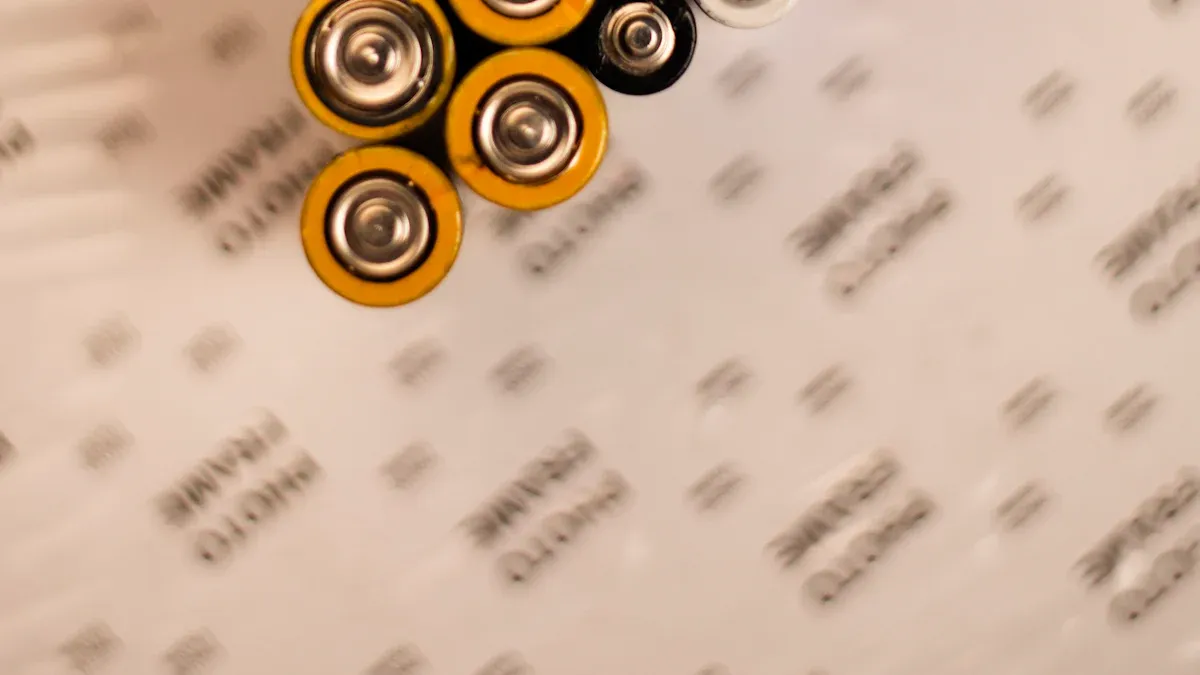
Lead-Acid Batteries
You often see lead-acid batteries in older vehicles and backup power systems. These batteries have a lower energy density and a much shorter lifespan compared to lithium. You need to replace lead-acid batteries more frequently, which increases your long-term costs. They require regular maintenance, such as checking fluid levels, and they weigh much more than lithium batteries. In automotive applications, lithium-ion batteries deliver higher battery efficiency, a lightweight and compact design, and consistent power output. You also benefit from better performance in high and low temperatures. The advantages over lead-acid batteries include a long lifespan, faster charging, and a much lower self-discharge rate.
| Feature | Lead-Acid Batteries | Lithium-Ion Batteries |
|---|---|---|
| Energy Density | Low | High |
| Lifespan (cycles) | 300–1,000 | 3,000–6,000 |
| Maintenance | Required | None |
| Weight | Heavy | Lightweight and compact |
| Charging Time | 6-10 hours | 1-3 hours |
Nickel-Based Batteries
Nickel-based batteries, such as nickel-metal hydride, offer robust performance in extreme conditions. However, you will notice they have lower energy density and shorter cycle life than lithium. Nickel batteries contain toxic elements, making them less environmentally friendly. Lithium-ion batteries provide a lightweight and compact solution, high cycle stability, and a long lifespan. You also get better performance and more reliable power for your devices.
Why Lithium-Ion Is Preferred
You choose lithium-ion batteries for electric cars, laptops, and portable electronics because they offer a long lifespan, high battery efficiency, and a lightweight and compact form. These batteries deliver consistent power output and require no maintenance. You experience better performance in high and low temperatures, making them safe and reliable for daily use. Lithium-ion batteries also support environmentally friendly practices due to improved recycling and fewer replacements.
Tip: Lithium-ion batteries power your electric cars and devices with reliable, consistent power output and a long lifespan.
Long Lifespan
Lithium-ion batteries stand out for their long lifespan, often lasting 8 to 10 years or 3,000 to 6,000 cycles. You benefit from fewer replacements, lower maintenance costs, and better performance throughout the battery’s life. The high cycle stability and reliable operation make lithium batteries the best choice for modern technology. Their lightweight and compact design, combined with safe and reliable features, ensures you get the most out of your devices while supporting environmentally friendly solutions.
You experience the benefits of lithium-ion batteries every day. These batteries power your smartphones, electric cars, and renewable energy systems with high energy density, fast charging, and a long lifespan. You enjoy lightweight and compact devices, low maintenance, and reliable performance in all conditions.
| Sector | Impact |
|---|---|
| Portable Electronics | Smaller, lighter, and more durable devices like smartphones and laptops. |
| Transportation | Electric vehicles use lithium-ion batteries for better efficiency and range. |
| Renewable Energy | Essential for storing solar and wind power, stabilizing the grid. |
Manufacturers now focus on environmentally friendly production and recycling, making batteries safer and more sustainable. 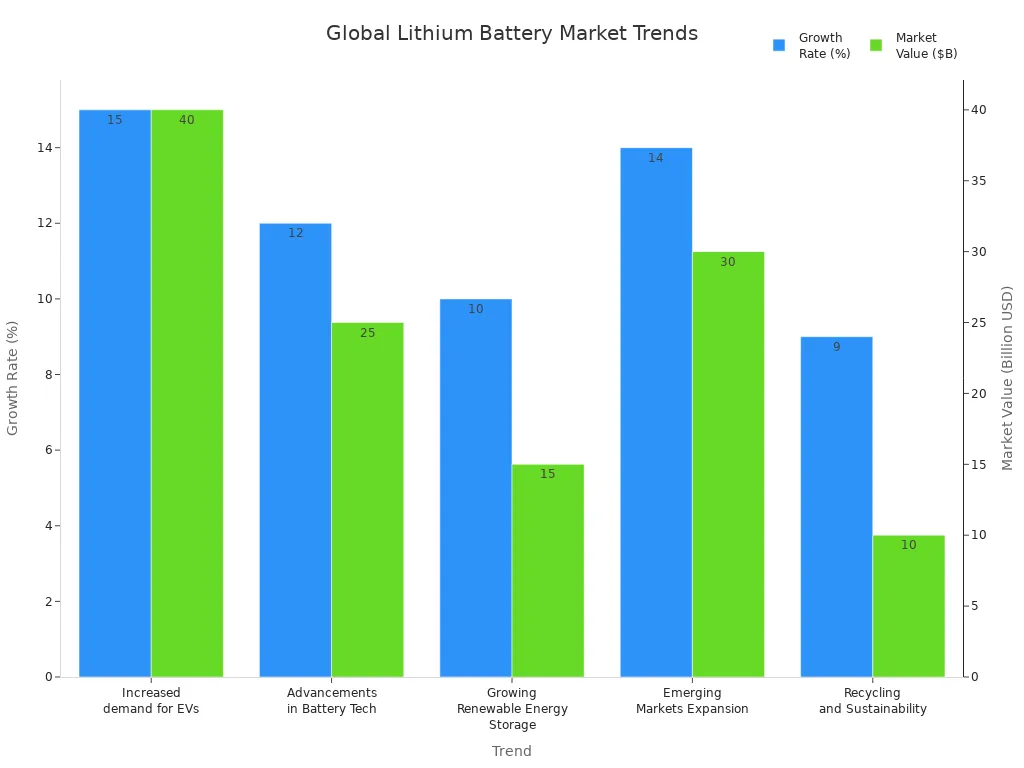
Have questions about rechargeable lithium batteries or want to discuss partnership details? Reach out and join the conversation!
-

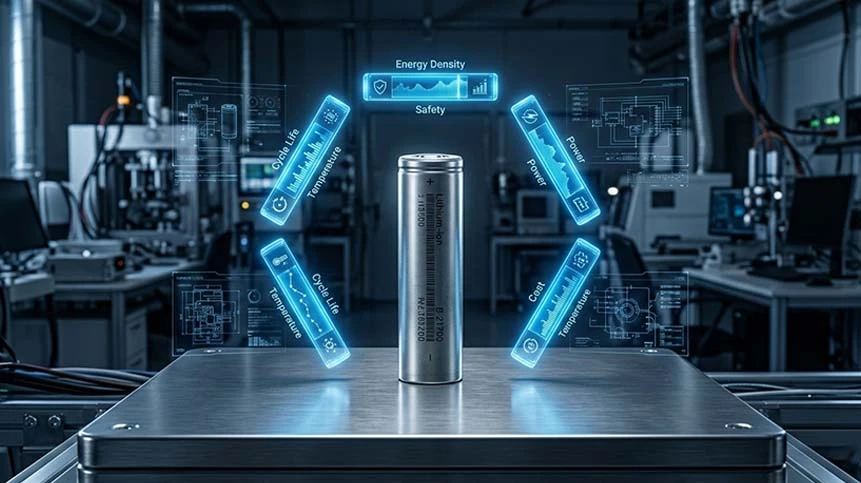 May.2026.02.27Lithium-Ion Batteries: The Six Constraints Blocking the Path to PerfectionLearn More
May.2026.02.27Lithium-Ion Batteries: The Six Constraints Blocking the Path to PerfectionLearn More -

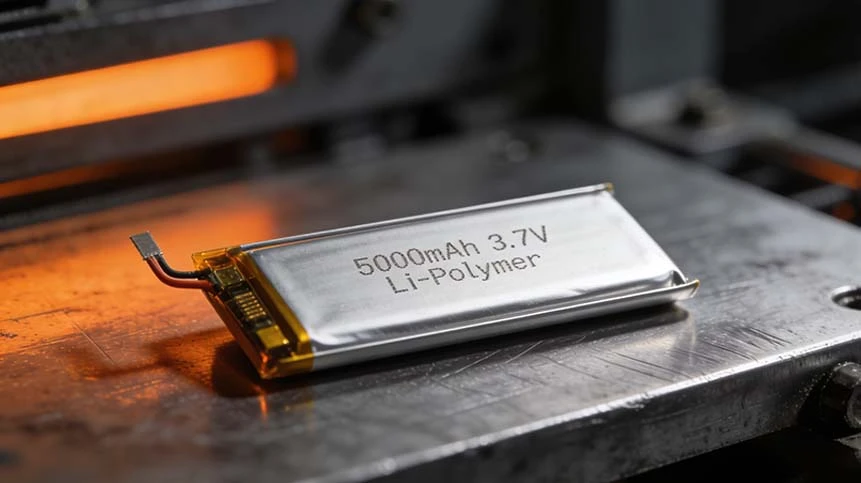 May.2026.02.25Li-Polymer Battery 5000mAh: Complete Technical & OEM GuideLearn More
May.2026.02.25Li-Polymer Battery 5000mAh: Complete Technical & OEM GuideLearn More -

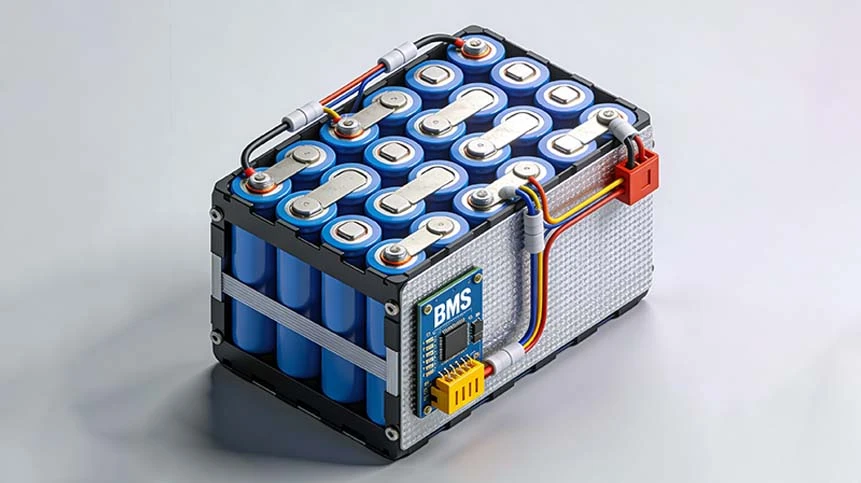 May.2026.02.24The Unparalleled Advantages of Lithium-Ion Batteries Over Traditional BatteriesLearn More
May.2026.02.24The Unparalleled Advantages of Lithium-Ion Batteries Over Traditional BatteriesLearn More -

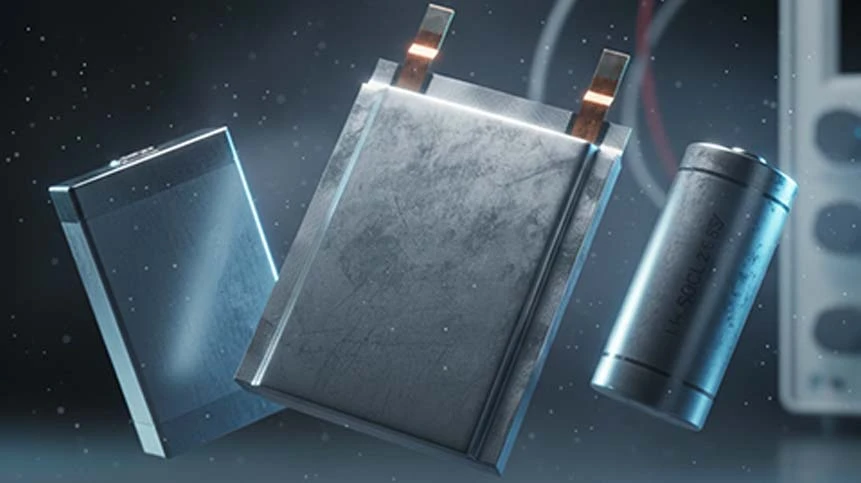 May.2026.02.243.6 Volt Battery: Complete Technical Guide for Engineers & BuyersLearn More
May.2026.02.243.6 Volt Battery: Complete Technical Guide for Engineers & BuyersLearn More -

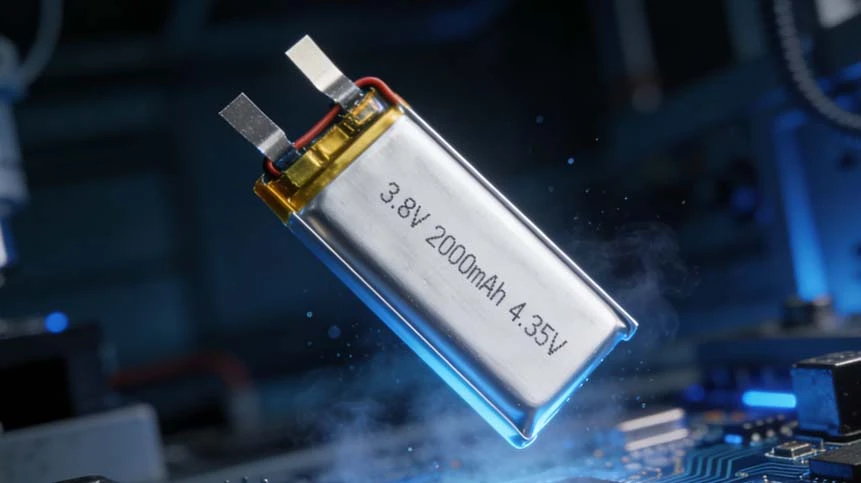 May.2026.02.24What Is a 3.8V LiPo Battery? A Complete Engineering & OEM GuideLearn More
May.2026.02.24What Is a 3.8V LiPo Battery? A Complete Engineering & OEM GuideLearn More




